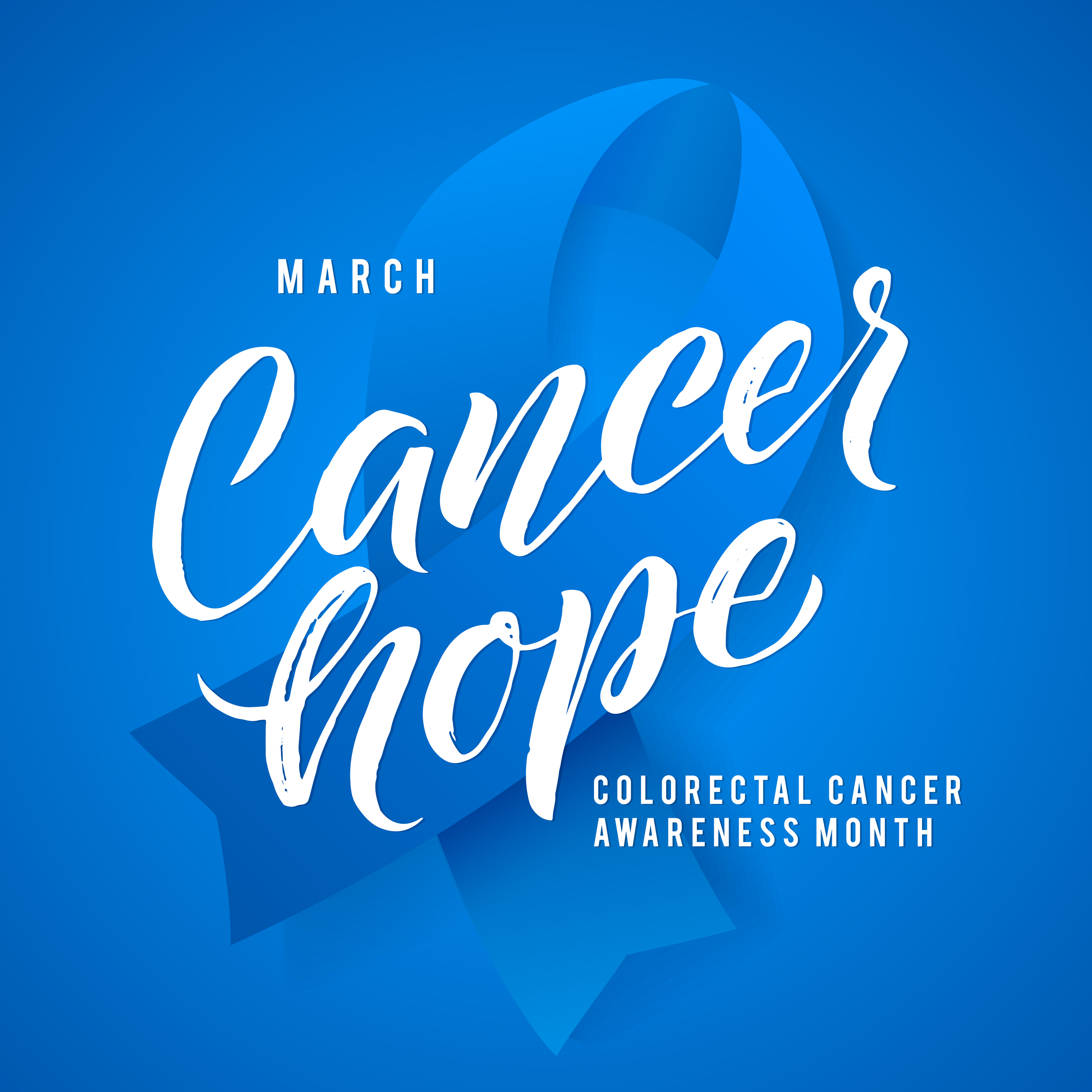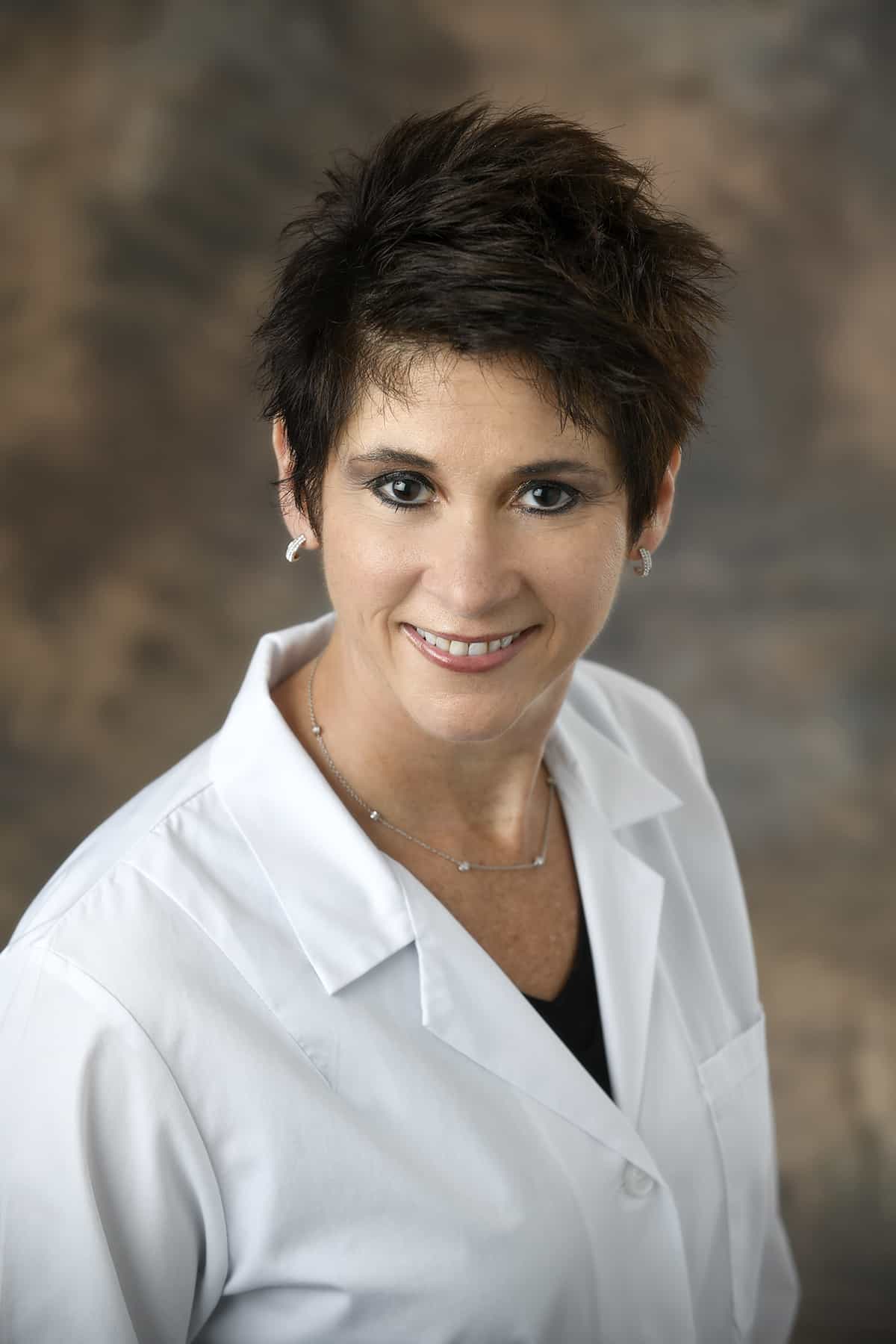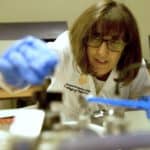If You’re 45, It’s Time to Get Screened.

March is National Colorectal Cancer Awareness Month. Overall, the lifetime risk of developing colorectal cancer is about 1 in 22 (4.49%) for men and 1 in 24 (4.15%) for women. In the United States, colorectal cancer is the third-leading cause of cancer-related deaths in men and in women, and the second most common cause of cancer deaths when men and women are combined. The American Cancer Society’s estimates for the number of colorectal cancer cases in the United States for 2019 are 101,420 new cases of colon cancer and 44,180 new cases of rectal cancer. It’s expected to cause about 51,020 deaths during 2019.
The colon cancer death rate in this country could be cut by more if these screening guidelines were followed. Early detection and treatment are critical. If caught early, colorectal cancer is 90 percent curable. If precancerous polyps are found during screening, the disease is often altogether preventable. Because colorectal cancer can develop with no signs or symptoms, a colonoscopy could serve as a life-saving test.
New Guidelines: Get Screened at 45.
Men and women are affected equally by colorectal cancer. For patients of average risk with no family history, it is now proposed that screenings for colon cancer begin at age 45, with follow-up screenings every five to 10 years, even for people who feel perfectly healthy. There are important reasons that warrant earlier or more frequent colonoscopies: family history of colon polyps or colon cancer, weight loss, blood in stool, change in bowel habit, and a history of polyps on previous colonoscopies.
A Colonoscopy Is Not as Difficult as You Think.
There’s no need to feel embarrassed or ashamed about getting a colonoscopy. It is your doctor’s job to perform these lifesaving screenings, and every effort is made to help patients feel comfortable during the painless procedure. Here is what you can expect:
- You’ll be asked to follow a clear, liquid diet the day before your procedure. This means only water, clear broth, soda, tea, coffee (without milk/creamer), clear juice (without pulp), Jell-O, popsicles and other flavored drinks.
- You’ll be given instructions on using a laxative mixture to empty your bowel so that your colon can be viewed clearly during the procedure.
- During the colonoscopy, your doctor will look at the inner lining of your large intestine (which includes your rectum and colon). A thin, flexible tube called a colonoscope is inserted while you are semi-sedated.
- Most patients have very little awareness that the procedure is taking place. You’re done within an hour.
A colonoscopy is the most effective way to prevent, detect and diagnose colon cancer. Along with functioning as a screening test to check for cancer or precancerous polyps in the colon or rectum, a colonoscopy can also help find ulcers, tumors and areas of inflammation or bleeding. It is important to be screened for colon cancer even if you do not have any symptoms described above.
Colorectal Cancer Risk Factors
Even if you have no family history of colorectal cancer or polyps, you are at increased risk if:
- You are 45+ years of age
- You are overweight
- You are physically inactive
- You smoke and/or excessively consume alcohol
- You eat a lot of red meat
- You have diagnosed or undiagnosed Type 2 diabetes
- You have Crohn’s disease or ulcerative colitis

Dr. Charlene LePane, DO, is a dual-board certified advanced endoscopy gastroenterologist who practices at AdventHealth Celebration. For more information and to book an appointment with Dr. LePane, visit GetScreenedToday.com or call (407) 303-4829.


